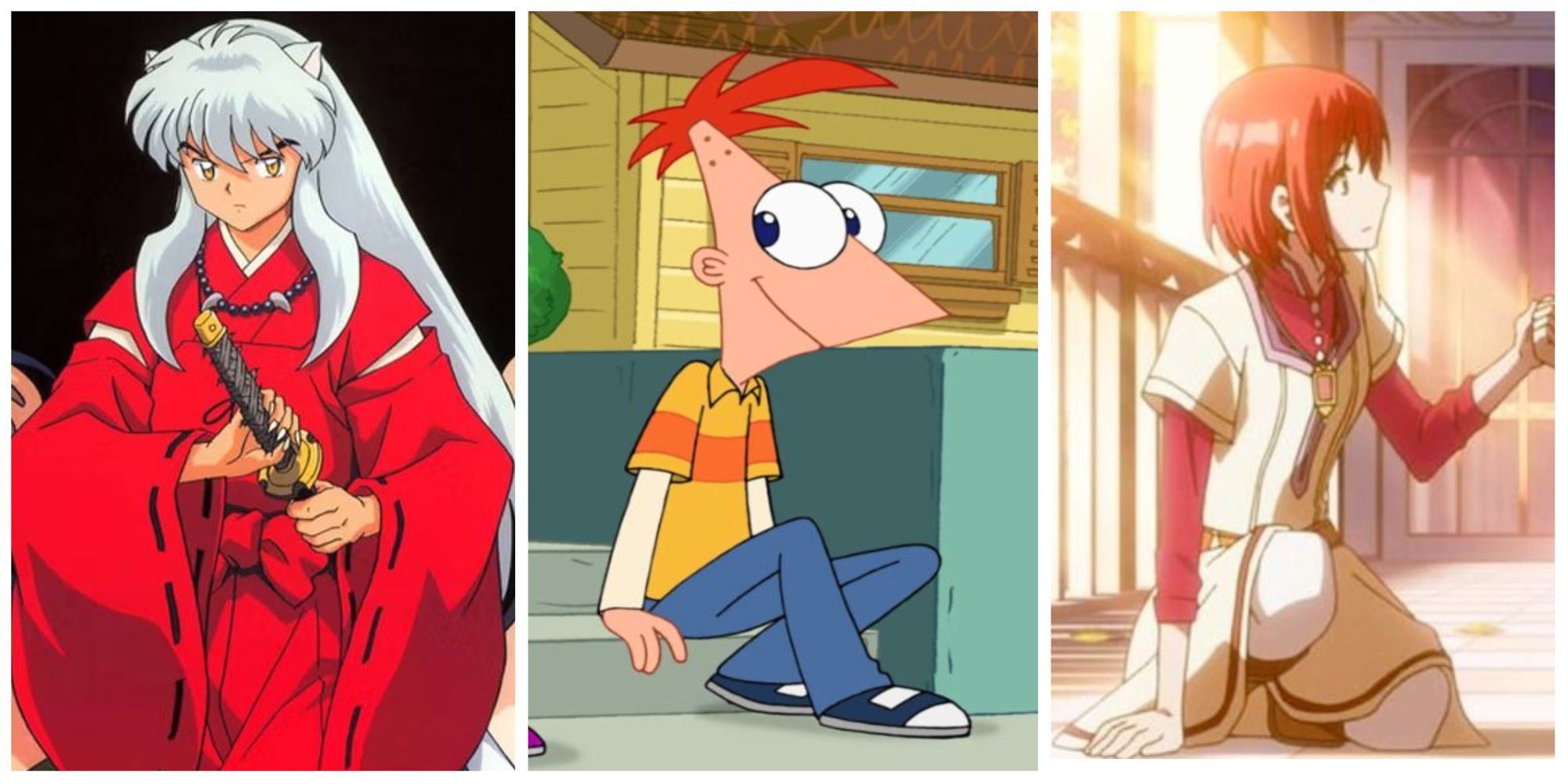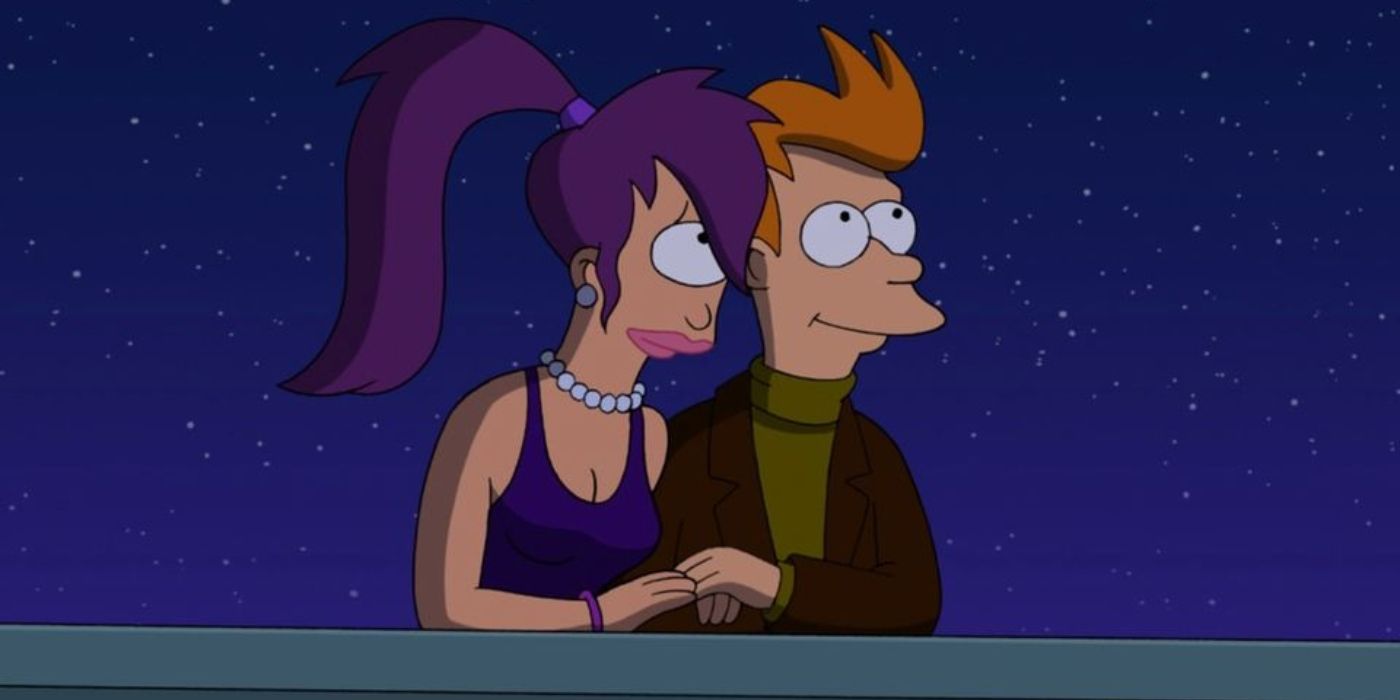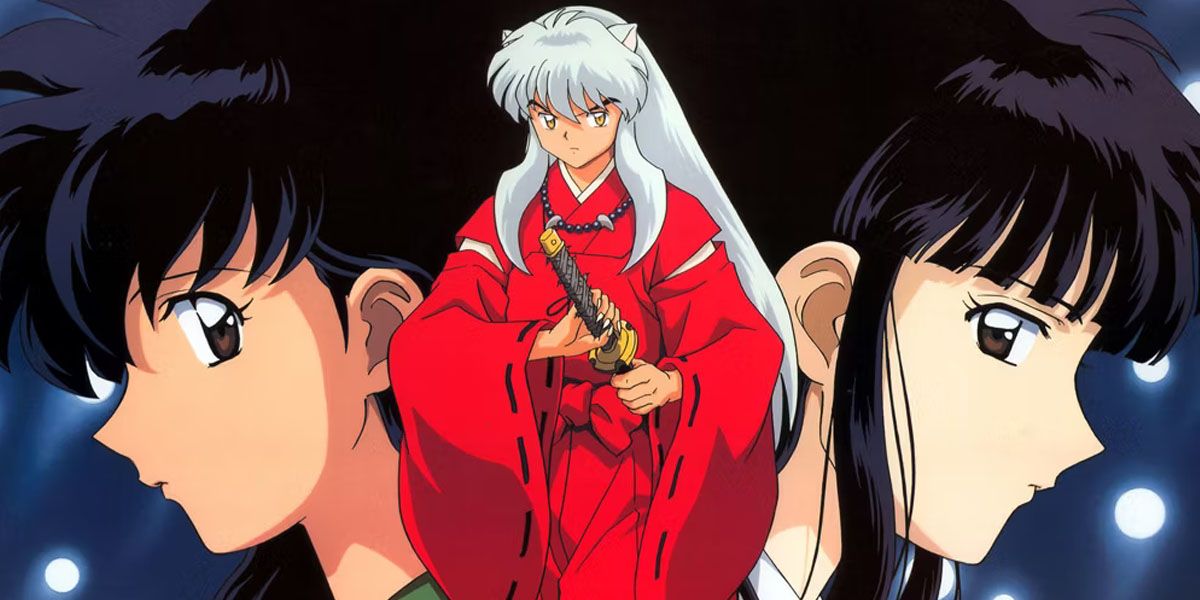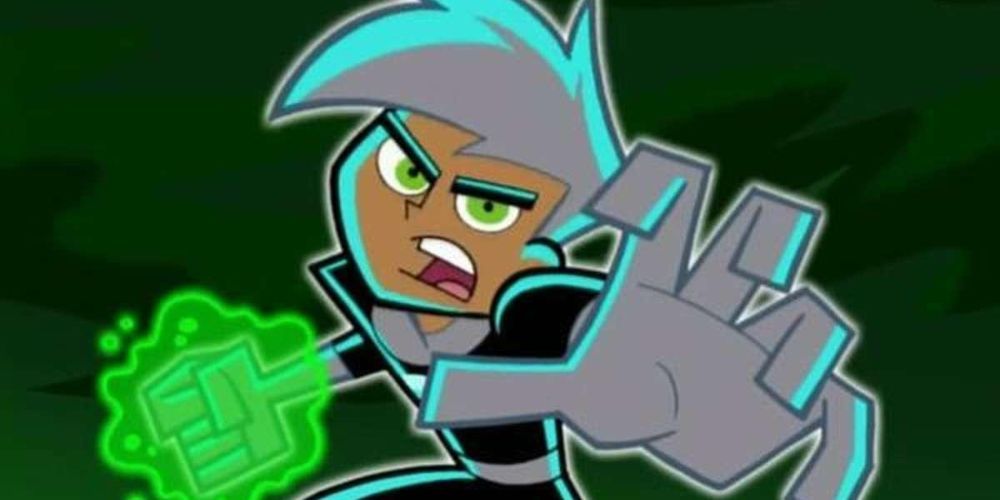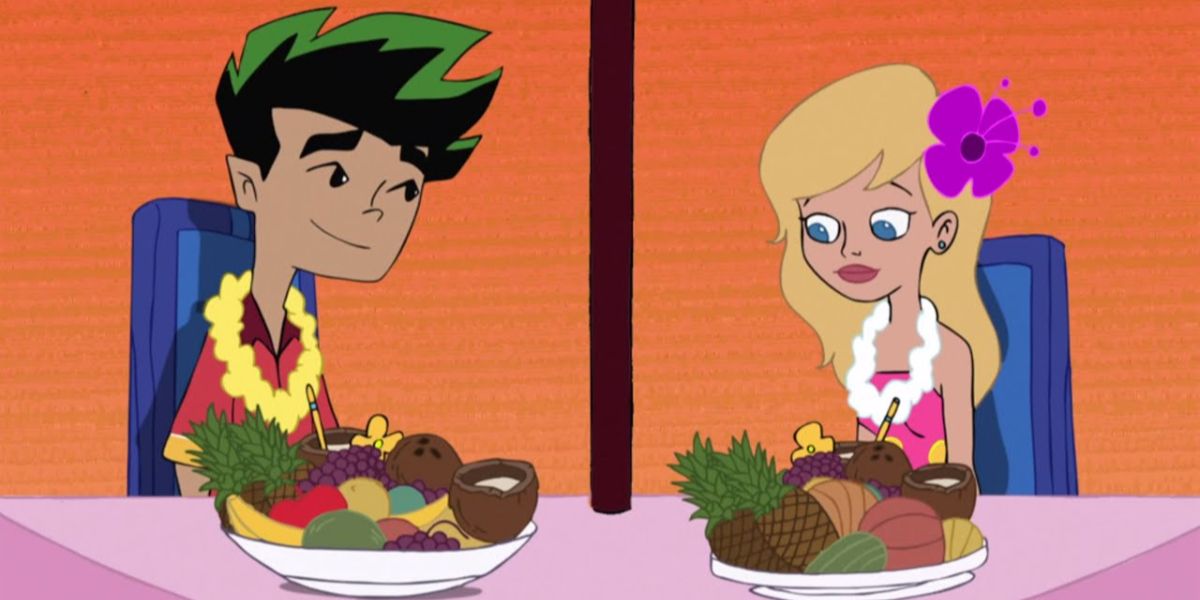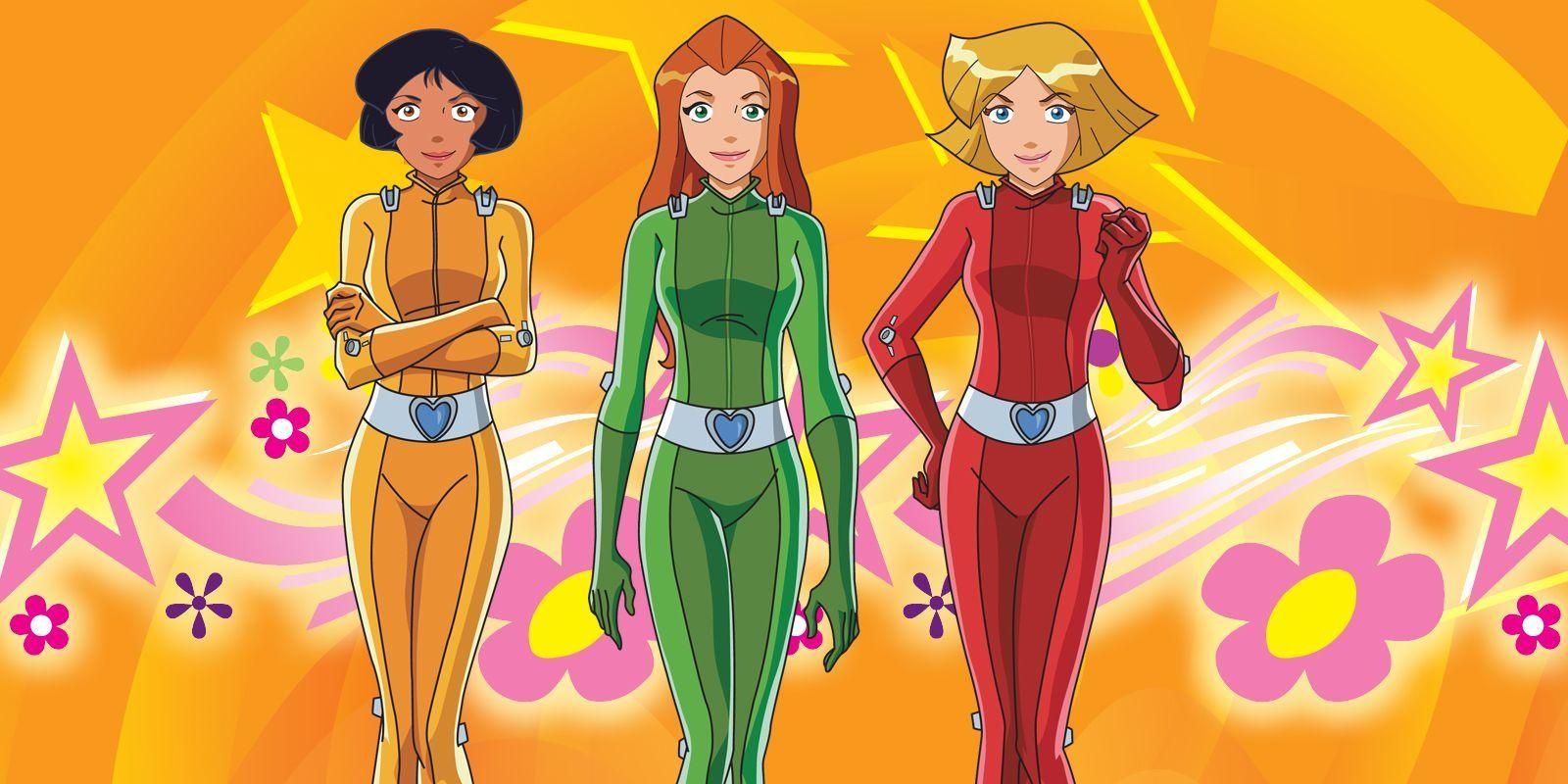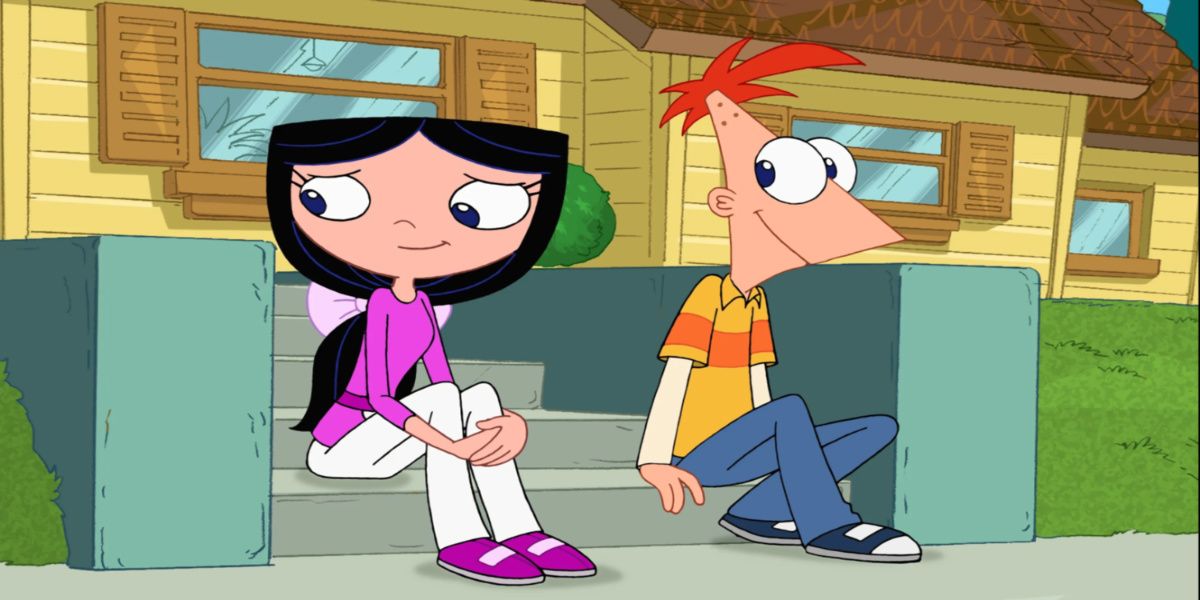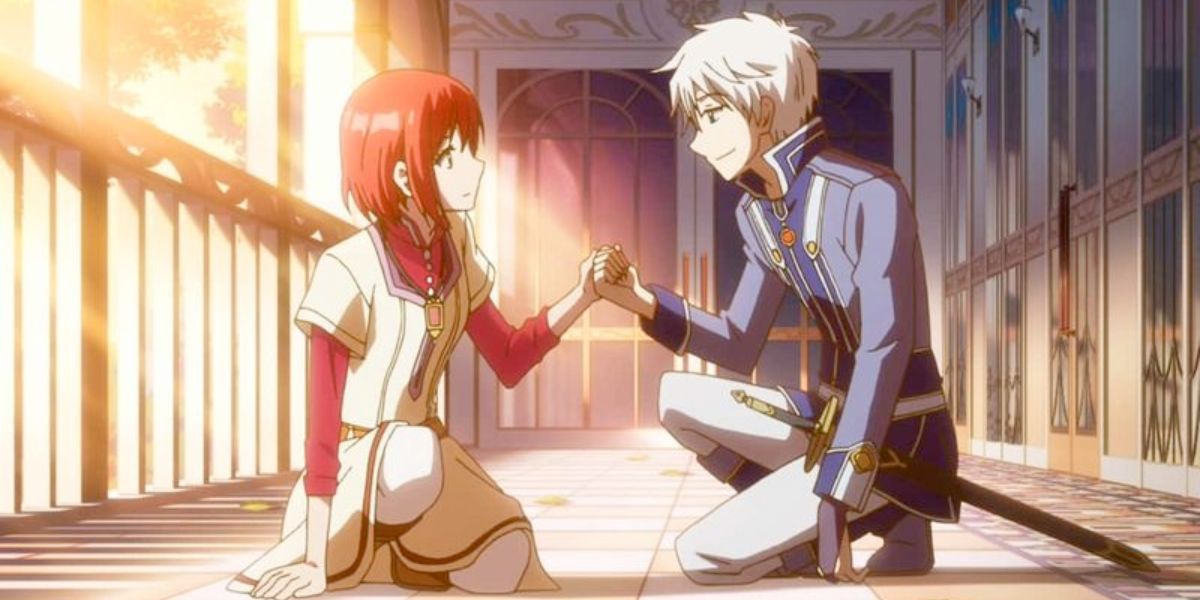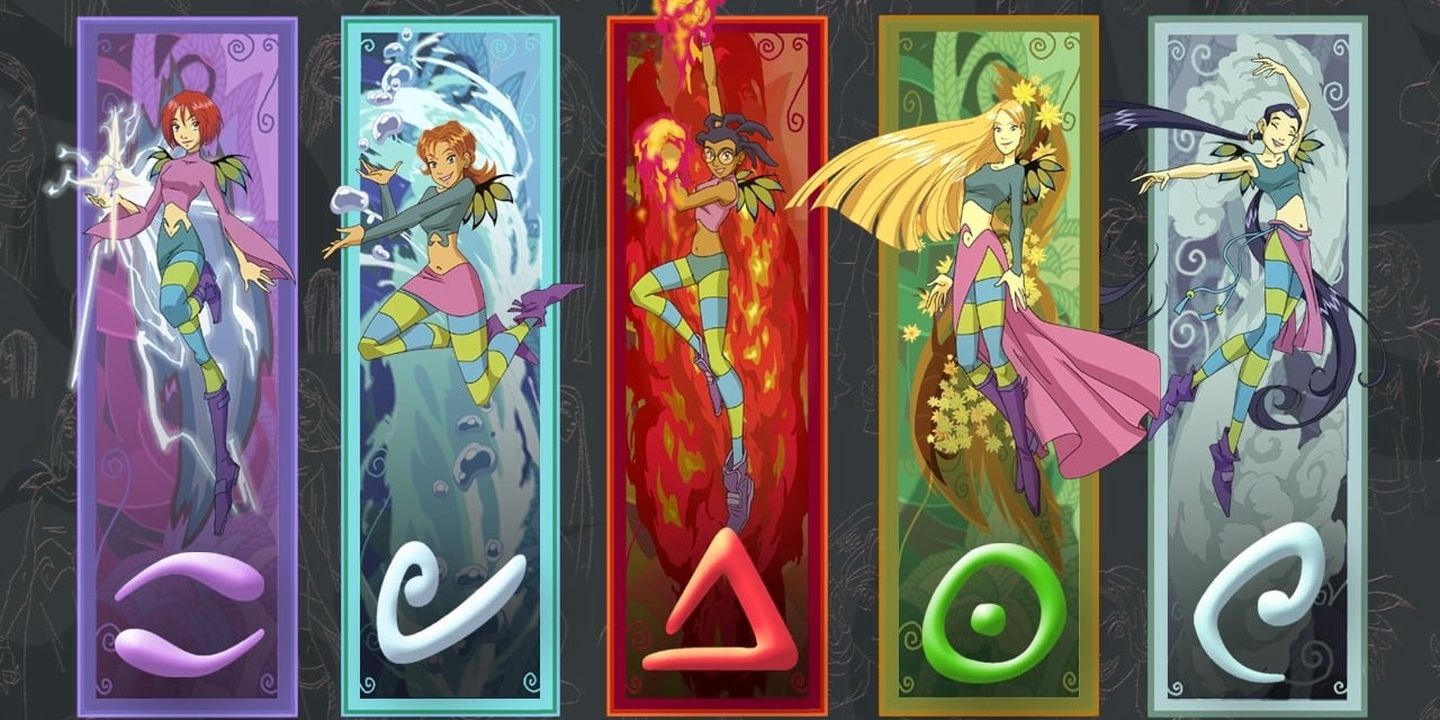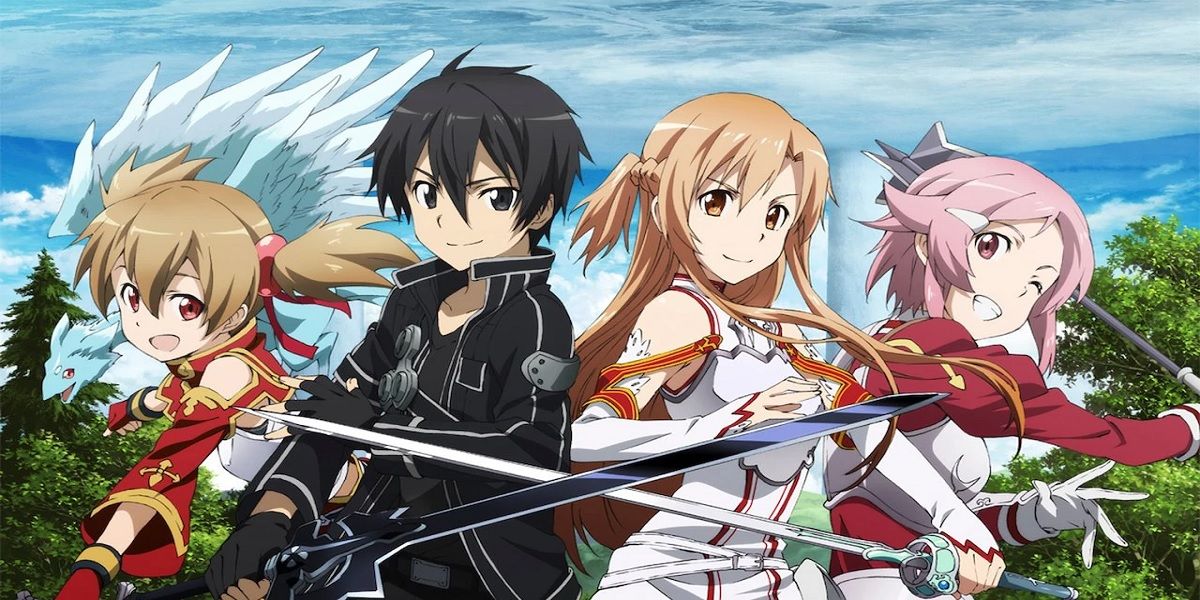With thousands of series available for consumption, it isn't any wonder why there are some shows with beats that seem a little familiar. Audiences are bound to eventually recognize recurring themes, character types, and plot points, especially if they make up a show's central focus. Depending on the viewer, these familiar themes can be tolerated or downright insufferable.
While familiar tropes don't always make a series unwatchable, it certainly makes it less memorable, especially if other shows handle the same theme better. Moreover, unpredictability is far from being the most crucial factor when creating a satisfying conclusion, but if executed poorly, it can leave audiences with an underwhelming and even forgettable finale.
10 Fry Finally Gets (And Keeps) The Girl In Futurama
Futurama explores a plethora of new worlds and characters in its futuristic setting. Still, it also tends to fall back on a cliché that practically predates the dinosaurs, and that's getting the girl. For most of the series, protagonist Philip J. Fry tirelessly pursues spaceship captain and friend Turanga Leela, typically with lackluster results.
The two have an on-again, off-again romance throughout the series, a love story most audiences have seen countless times. The series finale, "Meanwhile," is no different, as the couple's relationship must again be tested under extraordinarily zany circumstances. While Futurama's final episode is largely deemed satisfying among fans, the ending also offers a future they could easily predict.
9 Inuyasha Is A Feudal And Very Familiar Fairytale
Adventure anime Inuyasha tells its viewers upfront that the story is a feudal fairytale, which already foreshadows there are going to be some notes of familiarity. The series delivers on that, with everything from a hero who is in over his head, Inuyasha, to a treacherous enemy, Naraku, to an ongoing love triangle between the two female leads, Kagome and Kikyo.
While the series is solidly fleshed out with excellent character development, it definitely doesn't bring anything new to the table. The finale is heartwarming but predictably storybook-like, as any other fairytale ending would be.
8 Danny Phantom Has No Spooky Surprises
The premise of Danny Phantom may already seem familiar to many cartoon-watchers in that it centers around a hero who must harbor a colossal secret which is also the key to saving the day. Danny Fenton is just an average teen with ghost powers who must live a double life to protect those he loves. The show, while entertaining and creative with its foes, isn't anything viewers haven't seen before in other stories with undercover premises.
The Nickelodeon show's ending follows this same trend. The series finale, "Phantom Planet," contains everything audiences expect from this type of set-up, including high-stakes battles, an evil adversary, and even the confirmation of the romance between Danny and his love interest, Sam Manson. The episode is a satisfactory ending, but it likely won't send chills up viewers' spines.
7 American Dragon Ending Fades In A Puff Of Smoke
The Disney Channel series American Dragon: Jake Long has all the makings of a good adventure story, but it also falls back on some tiresome clichés that cause the show to step on its own tail. While the series offers diverse characters and creative situations, it isn't immune to common tropes. For example, protagonist Jake Long must keep his identity as a dragon a secret for most of the series, leading to the expected whimsical situations and eventual big reveals among friends and family.
American Dragon: Jake Long also uses the forbidden romance trope between Jake and his high school crush. His love interest, Rose, just so happens to be working for the Huntsclan, an organization specifically designed to slay dragons. While the series finale offers a sweet resolution that ties up loose ends, there are only so many options to end a series that, overall, wasn't exactly sparking anything new.
6 Totally Spies Squad Has Totally Subpar Premise
Despite the nifty gadgets and daring missions in Totally Spies, the concept is one that viewers have seen dozens of times. Unfortunately, high schoolers who embark on secret missions by night while still coping with typical teenage problems during the day is a formula that's all too familiar.
While protagonists Sam, Clover, and Alex all have unique and identifiable personalities, their day-to-day problems are anything but out of the ordinary from an adventure standpoint. The series finale, "So Totally Versailles!" is much of the same, featuring typical bad guys, choice fashion statements, and teenage girls gushing over their crushes. Despite the occasional fun adventure, even the most fashionable gadgets can't save a show from being a bit old hat.
5 Phineas and Ferb Rarely Strays From Its Formula
There are 104 days of summer vacation, and while the characters of Phineas and Ferb might be doing something new every day, it's the same old thing for audiences. While containing likable characters and abstract designs, the show relies heavily on its repetitive formula. The series also includes several familiar tropes, including Dr. Doofenshmirtz as the over-the-top villain foiled each episode and Candace, the character who is always telling the truth but is never believed.
While most audiences agree the series is enjoyable enough, it's also a show that no one expects to deviate from its tried and true equation. The "Last Day of Summer" series finale, while grander than the typical episode and undoubtedly bittersweet, still relies on familiar ideas as seen in Bill Murray's Groundhog Day, we well as other time-traveling adventures.
4 Snow White With The Red Hair Isn't As Unique As Shirayuki's Locks
Snow White With The Red Hair is often regarded as a feel-good anime among fans for its predictable and quiet nature. The series takes an old tale and adjusts it to the new characters introduced while adding very few significant changes. Without watching from start to finish, most viewers can surmise the arc of the maiden and protagonist Shirayuki, who must carve out a new life for herself in a different kingdom.
From her expected growth as a palace herbalist to her forbidden romance with her love interest, Prince Zen, it's easy to see why many audiences consider this story safe. However, from start to finish, the most distinct thing about this Snow White is already right there in the title.
3 W.I.T.C.H. Spells The Same Old Magic
Will, Irma, Taranee, Cornelia, and Hay Lin may make up the team and the spelling of W.I.T.C.H, but they also spell the same run-of-the-mill characters in any other superhero team show. The plot relies on tired archetypes of characters who never see significant growth as the series progresses.
The main villain, Phobos, isn't particularly memorable either, and his evil reign goes out much like how it began, with minimal flair. As expected, the series ends with the day saved and most of the main characters in their desired romantic relationships. Honing the elements of earth, air, fire, water, and absolute energy might seem impressive, but when placed in the hands of mundane characters, it turns out to be anything but magical.
2 Sword Art Online Needs To Reboot Its Storyline
While Sword Art Online has a lot to offer with its dynamic characters and timely virtual reality premise, many watchers are continuously left frustrated with the anime's hero, Kirito. Of course, it's expected for protagonists to eventually save the day. Still, with a protagonist as seemingly invincible as Kirito, the average fan has little chance for thrill or investment.
The cliché of the white knight protagonist has been replicated many times, and only has a chance of being memorable through an engaging plot or a dynamic personality. Kirito, while certainly noble and well-intentioned, quickly loses viewer interest when it becomes apparent that even the most dangerous situation poses no real threat to him. Sometimes a character who is too powerful ultimately cannot be saved from himself.
1 Everything About ReLIFE Is Really Predictable
The anime ReLIFE, while harmless, has a premise so predictable that most audiences can forecast every step of the main protagonist's journey. Arata Kaizaki is a 27-year-old stuck in a dead-end existence before being granted the opportunity to become a high school student again to gain a new perspective on life – and viewers can probably figure out the rest from there.
Arata's changing perspectives and softening heart is predictably coupled with the valuable new-found friendships he forms along his journey. The story is certainly touching at times, but it offers nothing new from any typical coming-of-age story or, in this case, re-age story. If audiences want a plot filled with new twists and turns, ReLIFE is a little too comfortable to offer the right kind of kick.

